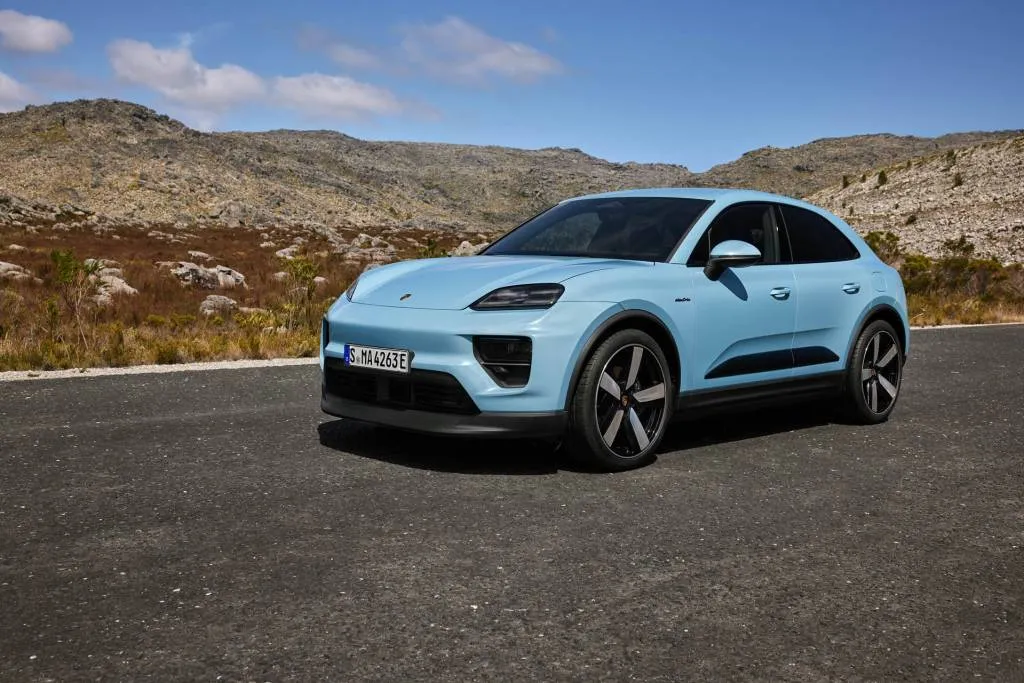- Porsche said the electric transition will take longer than anticipated
- Porsche still plans to go mostly electric with its lineup
- The gas-powered Macan and 718 sports car are on their way out
Porsche is the latest automaker to change its strategy when it comes to electric vehicles, due to slower than expected growth in demand.
Citing a statement from Porsche, Reuters reported on Monday that the automaker now expects the transition to EVs to take longer than initially thought, and that it no longer targets EV sales to reach 80% of total sales by 2030.
Instead, Porsche will explicitly link its targets for EV sales to customer demand and development of the EV segment, the automaker said, adding that it could meet the original 80% by 2030 target, should demand justify it.
Porsche isn't alone. Mercedes-Benz in February said it now expects to sell gas-powered cars beyond 2030, whereas previously it thought it would be a fully electric brand by the date. Similarly, Cadillac, which also targeted a fully electric lineup by 2030, said in May that it will likely still be selling gas-powered cars beyond the date.

2025 Porsche Macan
Porsche still plans to phase out some of its gas-powered cars in the years ahead. The current 718 Boxster and Cayman will be replaced by an electric successor next year, and the gas-powered Macan will end production in 2026. An electric Macan was launched earlier this year.
Porsche's debut EV, the Taycan, has experienced a steep sales decline so far this year, though some of that will be due to buyers waiting for the updated 2025 model that debuted in February. Taycan sales fell 54% in the first three months of 2024, compared with the same period a year ago.
Porsche this week also named a new head of China, after its sales there experienced a 33% decline in the first half of 2024. China accounted for roughly 25% of Porsche's global sales in 2017 but today that is down to about 19%.
